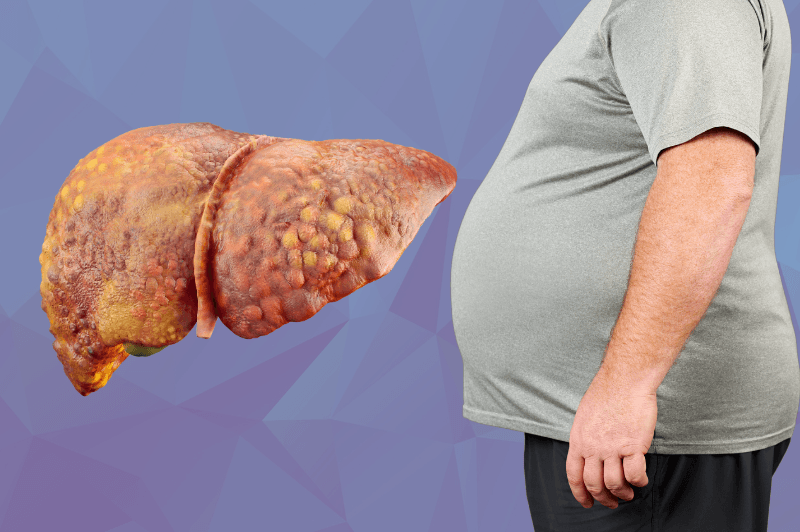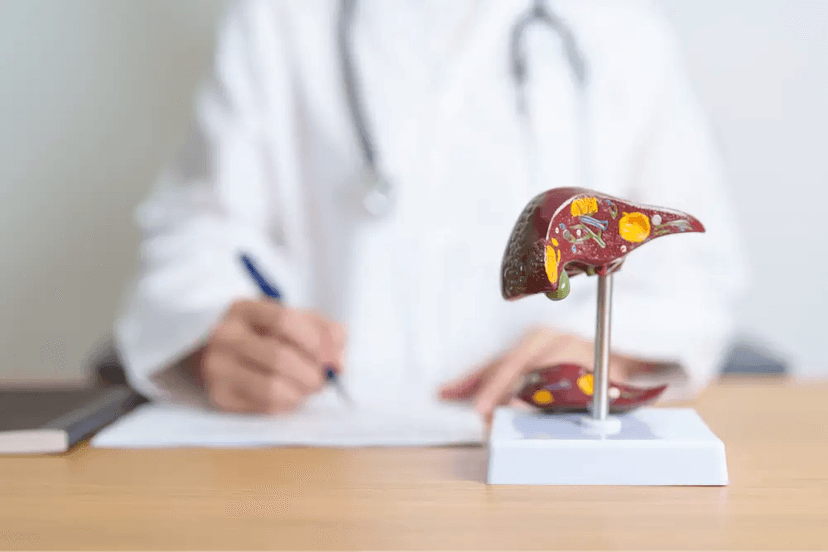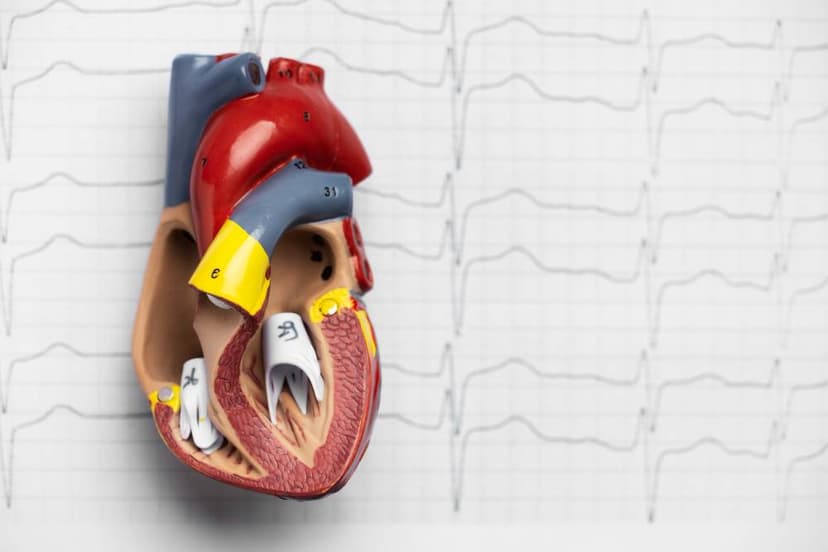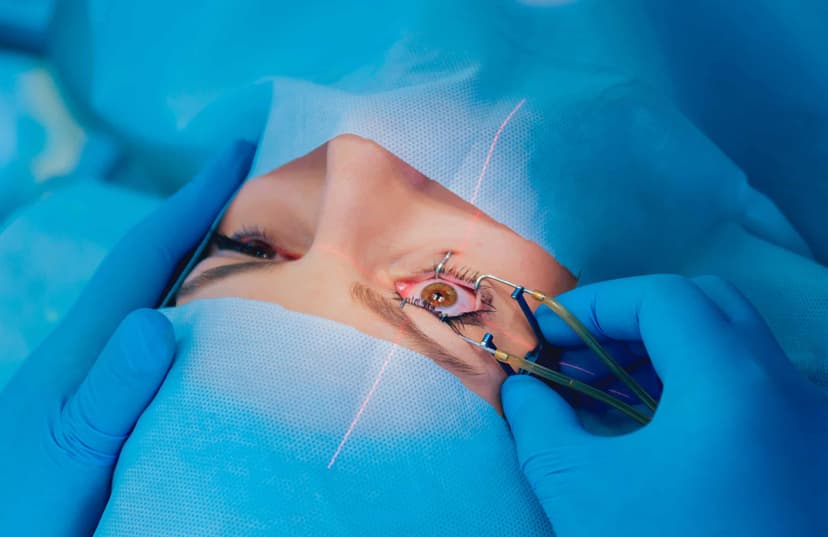Contents
Fatty liver disease, a condition equally prevalent in both men and women, occurs when liver cells accumulate an excess of fat.
If left untreated, this condition can lead to the development of cirrhosis and liver cancer, making it a serious medical concern. Advanced stages may necessitate a liver transplant.
In this article, we'll delve into the nature of fatty liver disease, its various types, stages, symptoms, and overseas treatment options. We will provide insights into fatty liver treatment in Turkey, outlining the methods employed and the process of liver transplantation.
What is fatty liver?
Fatty liver is a condition in which an abnormal accumulation of fat occurs within liver cells. Many people experience this condition at different points in their lives. While it is often linked to dietary habits, alcoholic fatty liver is also a prevalent condition worldwide.
In general, having more than 5 percent of the liver's weight as fat is considered indicative of fatty liver.
Initially, fatty liver doesn't present any noticeable symptoms. Many individuals may be unaware that they have this condition. However, when the fat accumulation in the liver exceeds 30%, clinical symptoms may emerge.
If left untreated, fatty liver can lead to liver inflammation (hepatitis), the development of scars in the liver, liver fibrosis, and severe health issues that may progress to cirrhosis and even liver failure in advanced stages.
Causes of fatty liver disease
Several risk factors can heighten the likelihood of developing fatty liver. These factors can be broadly categorized as:
- Excessive alcohol consumption.
- High body mass index (obesity).
- Diabetes or uncontrolled high blood sugar.
- Consuming a diet high in refined sugar and processed foods.
- Elevated triglyceride levels.
- Lack of physical activity.
- Digestive problems.
- Genetic predisposition.
Furthermore, fatty liver may arise as a result of rapid and significant weight loss or the use of specific medications.
Symptoms of fatty liver disease
Liver disease typically remains asymptomatic in its early stages. For individuals with fatty liver, initial years may pass without noticeable issues.
Early signs, such as weakness and discomfort in the upper right abdominal region, may gradually emerge due to fatty liver.
Routine hospital checkups could unveil the presence of fatty liver in its early phases.
The disease tends to advance alongside an increase in fat accumulation.
As cellular damage and liver inflammation occur, the disease can manifest with various medical findings.
Common symptoms of fatty liver include:
- Increasing fatigue
- Weight loss
- Jaundice
- Persistent itching
Fatty liver disease is reversible with suitable treatment. In progressive cases of fatty liver, one may observe:
- Decreased appetite
- Nausea and vomiting
- Unintended weight loss
- Susceptibility to bleeding
- Easy bruising of the skin
- Intense upper right abdominal pain
- Changes in personality
- Sleep disturbances
- Pronounced edema, especially in the lower extremities
- Darkening of urine color
- Heightened skin itching
Leaving fatty liver untreated can lead to severe consequences, including liver failure, cirrhosis, and other life-threatening liver diseases.
How is fatty liver disease diagnosed?
Tests used to diagnose fatty liver are as follows:
- CBC blood tests
- Liver function test (ALT-AST)
- Ultrasonography tests
- Biopsy (rare)
When diagnosing fatty liver, your doctor will consider various factors, including alcoholic liver disease, viral hepatitis (hepatitis B and hepatitis C), drug toxicity from substances like corticosteroids, tamoxifen, amiodarone, methotrexate, lomitapide, and mipomersen, as well as Wilson's disease, which results from excessive copper buildup in the liver due to excessive alcohol consumption. All of these potential causes must be taken into consideration.
In the diagnostic process, your doctor will also assess whether your fatty liver could progress into a more serious medical condition.
Treatment of fatty liver disease
The treatment of fatty liver varies depending on its underlying cause. For cases associated with weight gain or poor nutrition, dietary adjustments are typically recommended.
Research indicates that substantial improvements can be achieved by losing weight. A 10 percent reduction in body weight can lead to the regression of liver diseases, while positive changes can begin with just a 5 percent weight loss.
If the patient has concurrent diabetes, it's essential to manage it effectively by regulating blood sugar levels through a combination of dietary modifications and medications. High cholesterol levels can also be addressed with dietary and medication interventions, which can help alleviate the fatty liver issue and restore liver health.
It's worth noting that there are no specific medications or surgical procedures designed to treat fatty liver directly. Therefore, the primary approach to treatment should focus on making lifestyle changes.
In addition to lifestyle modifications, addressing any coexisting health issues is crucial. For example, high cholesterol may be managed with medication, high blood sugar may require insulin therapy, and specific medications containing N-acetyl cysteine or ornithine aspartate may be recommended.
In more advanced cases where the fatty liver has progressed to cirrhosis, liver transplantation may be an option for around 10-12% of patients.
It's important to note that liver transplantation can be more challenging in overweight patients, making weight loss a priority. Thus, the primary goal for these individuals should be to lose weight and engage in regular exercise before the disease advances further.
Liver transplantation in the treatment of fatty liver
Liver transplantation can be carried out using a liver from either a deceased donor or a living donor. Most liver transplants are necessitated by cirrhosis. When performed successfully and at the appropriate time, liver transplantation boasts a high success rate.
This life-saving procedure is primarily conducted by general surgery units in cases of end-stage liver failure or acute liver failure.
Liver transplant surgery in Turkey
Turkey excels in liver transplant surgery, boasting remarkable success rates in treating cirrhosis, fatty liver, and related issues. Their liver transplant surgery success rates far surpass those of many other countries.
Liver transplant surgery in Turkey costs between $55,000 and $75,000, a far cry from the $150,000 or more you'd pay in the United Kingdom or the United States. Turkey strikes an appealing balance between cost and medical excellence for this procedure, drawing hundreds of European patients annually.
For your best option, we recommend Florence Nightingale Hospital in Turkey, where their highly experienced transplant team achieves a remarkable 95% success rate in hundreds of surgeries annually.
Why choose A-Medical?
At A-Medical, we help international patients to get fatty liver disease treatment in Turkey in an affordable, high-quality, and easy way. We help you with everything from informing you about fatty liver disease treatment in Turkey to managing your treatment process from scratch.
As A-Medical medical tourism company, we offer you the following advantages during your treatment abroad:
- Choosing the most suitable clinic for you
- Making your travel plan
- Obtaining the procedure at discounted prices
- Sending your medical documents to the clinic abroad with their translation
- Arranging a doctor's appointment (video conferencing if necessary)
- Support regarding tickets and visas
- Translator support
- Transfer support
- Establishing communication
- Service to benefit from campaigns and discounts




